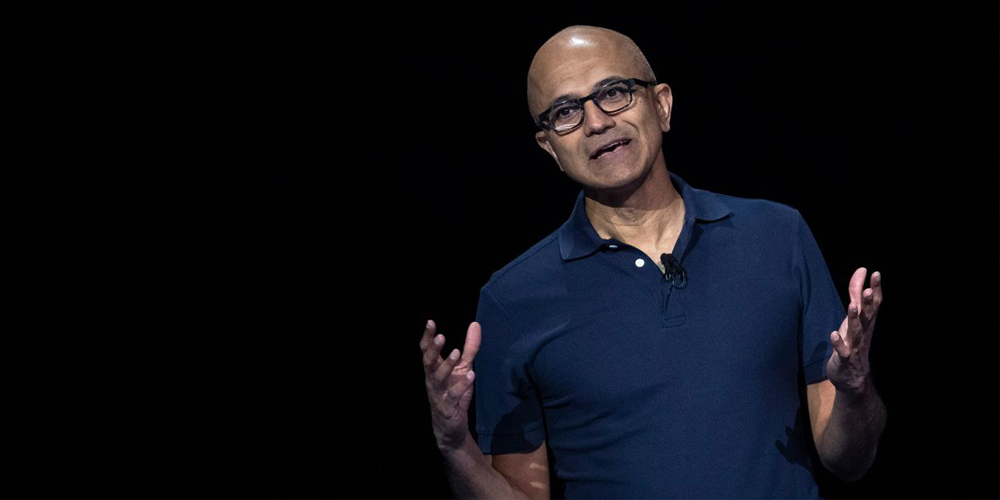Life isn’t fair. It’s true, and people have to deal with it. They can whine, but that will rarely solve the problem, nor level the playing field.
Knowing that learning enables them to rise above, people want to seek that ultimate reward, and make a fair life on their own term, within their capacity. But learning in the modern days of technology, largely involves communication and data transaction through the internet.
And internet connection unfortunately, isn't yet spread equally all around the world.
In many developed countries like the U.S. and Europe, people don't really care about this since many are already experiencing fast and reliable internet connection for granted. But for those in developing nations, like parts of Asia and Africa, internet inequality prevents them from getting the most of what they deserve.
Especially in rural areas, many are still lacking access to broadband internet. With the 'COVID-19' coronavirus pandemic, many people in those areas struggled to participate in the remote learning, working and health care.
This also prevented many of them from adapting during the crisis.

According to Microsoft CEO Satya Nadella in an interview with CNN.
"That's why broadband is such a fundamental right."
Before the coronavirus crisis, people were already experiencing this inequality.
Many didn't care much, most probably because they were already happy with living with what they had. They were able to work, and their children can go to school. Before the crisis, the internet for many people in rural areas was not a necessity.
But since the crisis, things are changing.
With many companies and schools requiring employees and students to use the internet for communications, many people that are low in income and living in areas not well-connected are struggling to get online for a living, including children who need to attend school virtually.
Many rural areas simply do not have the infrastructure to support the kind of internet connectivity and speed needed for entire families to attend school or work.
One of the reasons is because internet service providers see less economic incentive in building their network in those areas.
To build broadband networks, internet service providers are required to install fiber-optic cables, and this is expensive.
The case goes more than just that.
Some internet service companies that bet their luck by building the needed broadband infrastructure in some rural areas, may need to compensate the lack of users in the area by charging more for money for fewer services. For lower-income residents, this is another point of frustration.
As a workaround, some can use internet service through DSL networks, where data is transmitted through copper telephone wires. In the modern days of the internet, this is faster than the old dial-up internet, but still slower than high-speed options like internet through cables and fiber-optics.
For many rural households that use DSL, the speeds don't qualify as broadband.
What's more, many of the DSL internet infrastructures in those areas are poorly maintained. From degradation of the insulation surrounding the copper wires, to the worn cables used to transmit the signals. These make the already slow connections even more unreliable.
This is why experts suggest that governments need to increase their investments in internet infrastructure, and government-backed funding programs are needed to change the structural failures that created the inequality.
And this coronavirus pandemic creates the perfect time for policymakers and the industry to push longer-term fixes.